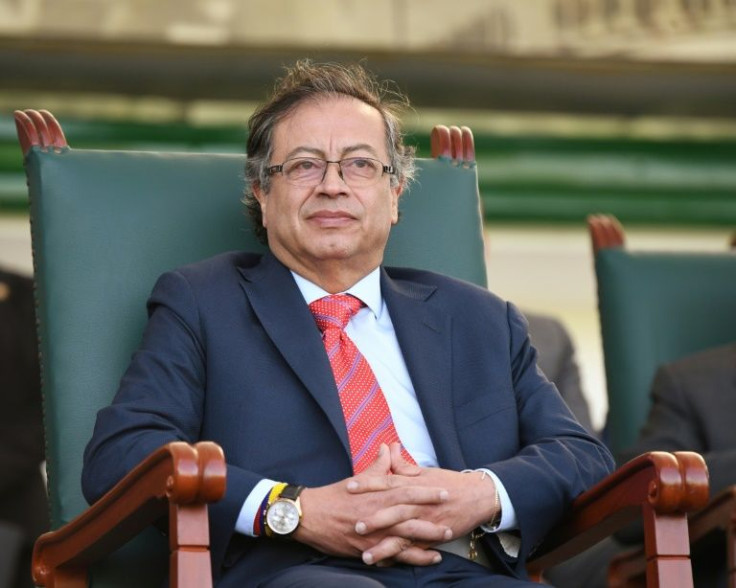
To show their support for the proposed economic and social reforms made by Colombian President, thousands of individuals gathered in the streets of the South American nation.
On Monday, Colombia's Congress heard the left-leaning president's healthcare proposal, which includes measures to improve access, pay health professionals more, and provide aid to the underprivileged and old. Conservative legislators who have warned that the measures are too risky are anticipated to oppose the idea.
"What President Petro is doing seems good to me. We need a change for the poor to have access to health, education, decent housing," Maria Isabel Cubillos, a 43-year-old street vendor, told the Reuters news agency in the capital Bogota.
Petro, who was elected as Colombia's first leftist president in June, is pushing for more access to healthcare as part of a bigger agenda to reduce poverty and economic inequality in the nation, Al Jazeera reported.
"I do not want two countries, just as I do not want two societies. I want a strong, just, and united Colombia," Petro said in his inaugural speech in August.
In addition, the president wants to make improvements to the labor and pension systems, provide aid to the elderly and the poor, and provide free higher education to those who cannot otherwise afford it.
#Montería | Marchas en apoyo a reformas del Gobierno Petro trascurrieron pacíficamente en Monteríahttps://t.co/tdW94DhFBQ pic.twitter.com/8kmWnFhjQc
— LA RAZÓN. CO (@LaRazonCo) February 14, 2023
In response to Petro's request for a public display of solidarity, large groups marched in the streets of Colombia's major cities on Tuesday. Petro hopes that this will send a message to his fellow legislators.
The more conservative members of Petro's coalition in Congress, which consists of representatives from the left-wing, center-right, and right-wing parties, may be significantly swayed by this popular backing. The coalition has backed some of his initiatives, like reforming the tax code, but it is less united when it comes to healthcare.
Opposition groups also called for marches and asked the public to rally against the health package, which they characterized as a threat to the country's economic stability.
The conservative South American country, which has a long history of injustice and political violence, saw Petro win the presidency with the support of historically marginalized groups, including impoverished, Indigenous, and Afro-Colombian populations.
Entering into negotiations with armed organizations, including the National Liberation Army, has been a part of Petro's strategy while in power.
"We assume the mandate of CHANGE from the Colombian people," Vice President Francia Marquez said on Twitter on Tuesday. "Let's dignify the health system!"
Petro, a former rebel fighter, has pledged to confront Colombia's decades-long violence by improving services for the marginalized and reducing economic inequality, objectives that garner both hope and skepticism.
"We support the proposals for change for life, health, agrarian, pension, and education reforms," said 55-year-old Nelson Pereira. "It is not fair that the poor continue to be subjugated. We need social justice, more equity, that there are no privileges for health services health."
© 2025 Latin Times. All rights reserved. Do not reproduce without permission.




